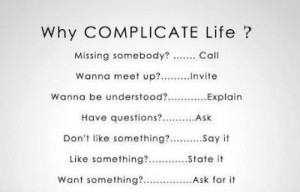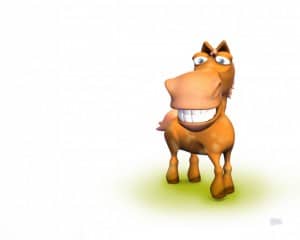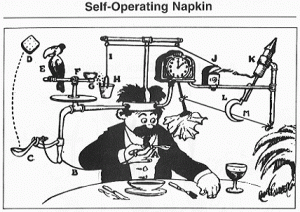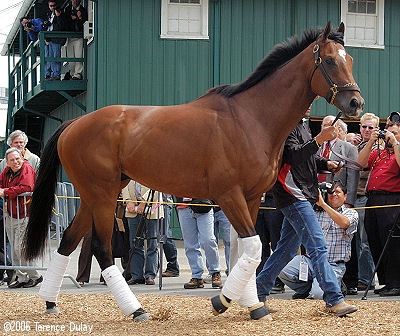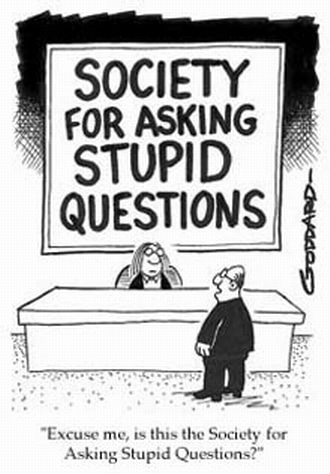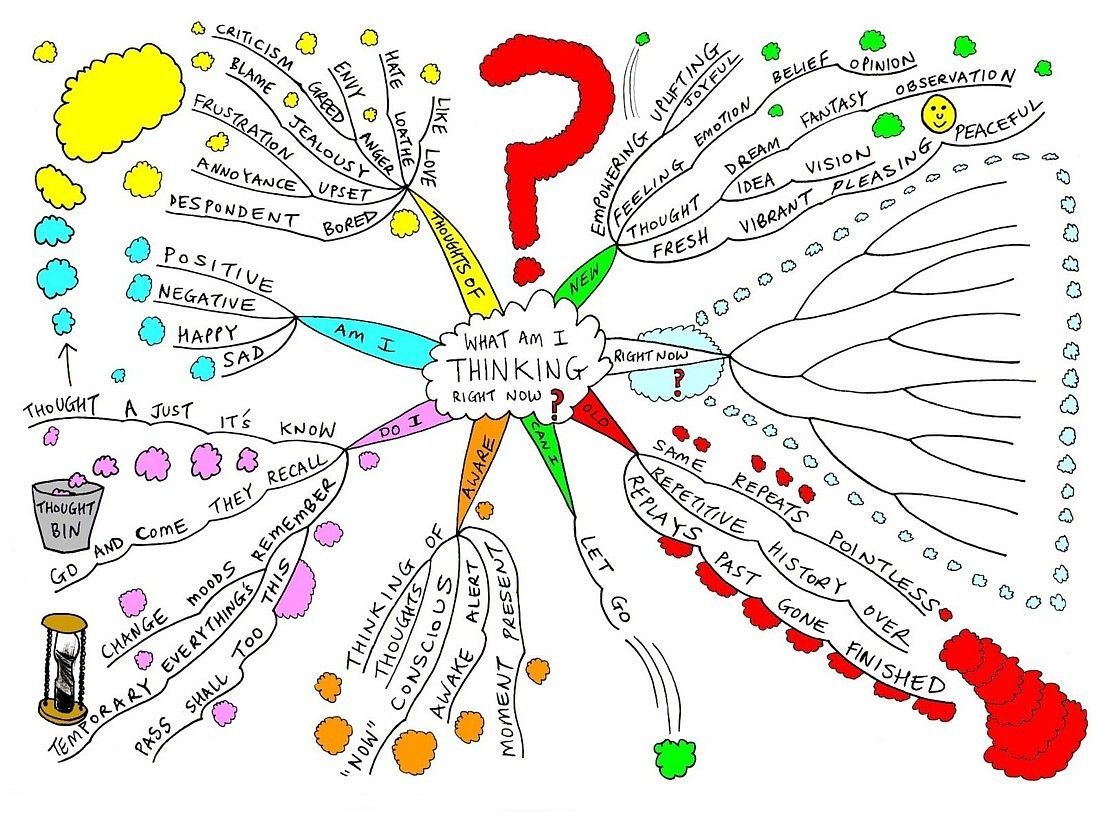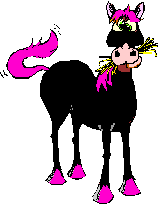And, as my friend Joe Bertone, a professor of Equine Medicine at Western University in Pomona, CA says, a number of factors are conspiring to separate horses from their owners.
And I’d like to suggest how you can stop the conspiracy.
Here’s how I see my job. My first responsibility is to the horse. I know the horse has an owner, and I know it’s very important that I address his or her concerns, but, fundamentally, I need to be most concerned with what’s best for the horse.
A QUESTION: Is there any disagreement here?
So if my primary concern is for the horse, I feel like one of the big ways that I can help him is to try make sure that:
- The horse and owner stay together (that is, help the owner understand the horse)
- I shepherd my client’s resources so that they can stay together
And that’s because that without an owner that can afford to take care of the horse, nothing else really matters.
I think most people consider two main things when it comes to deciding if caring for an animal is worthwhile. First is how complicated and expensive it is to take care of the animal. Second is how much emotional return you get on your investment. Let me explain.
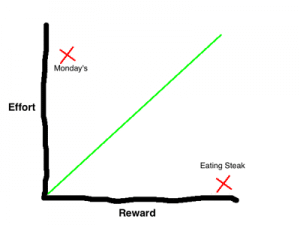 Dogs can be very complicated and somewhat expensive to care for. They require at least daily feeding, you have to get them looked after when you go on vacation, you have to clean up the yard from time to time, you have to take the time to go for walks (which, of course, is good for both of you) and so forth. For their part, dogs are pretty much always happy to see you, they sit by your side, they lick your face, they want to go on walks with you, put up with all sorts of outfits and costumes and sweaters, etc., etc. Dogs are a high maintenance-high reward sort of an animal. Most people love them.
Dogs can be very complicated and somewhat expensive to care for. They require at least daily feeding, you have to get them looked after when you go on vacation, you have to clean up the yard from time to time, you have to take the time to go for walks (which, of course, is good for both of you) and so forth. For their part, dogs are pretty much always happy to see you, they sit by your side, they lick your face, they want to go on walks with you, put up with all sorts of outfits and costumes and sweaters, etc., etc. Dogs are a high maintenance-high reward sort of an animal. Most people love them.
I have a snake (“Jar-Jar,” a rosy boa, purchased during the age of acquisition that is raising young boys. Jar-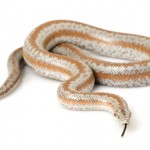 Jar could care less about me (or pretty much anyone). He doesn’t bite, doesn’t strike, doesn’t show affection, but he does happily (or at least I think it’s happily) slither around in your hand when you pick him up, which is actually a pretty cool conversation starter for those folks who don’t have ophiophobia (for you linguists, this is so much more than just a horse blog). But overall, he’s a very low emotional reward sort of a guy. On the other hand, I only have to feed him once a week or so, it doesn’t really matter if I forget for a few days, and there’s very little to pick up in his actually-very-nice-smelling cage. He’s low reward, but he’s low maintenance, too. He’s 10 years old now, and, while not warm and fuzzy, he’s certainly a part of the family.
Jar could care less about me (or pretty much anyone). He doesn’t bite, doesn’t strike, doesn’t show affection, but he does happily (or at least I think it’s happily) slither around in your hand when you pick him up, which is actually a pretty cool conversation starter for those folks who don’t have ophiophobia (for you linguists, this is so much more than just a horse blog). But overall, he’s a very low emotional reward sort of a guy. On the other hand, I only have to feed him once a week or so, it doesn’t really matter if I forget for a few days, and there’s very little to pick up in his actually-very-nice-smelling cage. He’s low reward, but he’s low maintenance, too. He’s 10 years old now, and, while not warm and fuzzy, he’s certainly a part of the family.
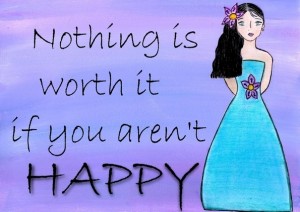 Horses, I think, kind of fit in the middle. They’re certainly more complicated to take care of than are snakes. But they don’t require as much attention as do dogs. For example, you can leave them in the field with grass and water for a few months (years?) and they’ll do just fine. They’ll nicker when they see you – which, in my opinion, is one of the most heart-warming sounds in the animal kingdom – but it’s not always clear if they’re nickering at you or the carrots that you’re carrying (I know – you’re sure it’s you – I’m just sayin’). They won’t curl up in your lap – which is a good thing, insofar as prevention of serious injuries to you goes – but they will stand there and let you brush them and dress them and ride them. In general, I think of horses as a sort of medium reward, medium maintenance animal (there are plenty of individual exceptions, of course).
Horses, I think, kind of fit in the middle. They’re certainly more complicated to take care of than are snakes. But they don’t require as much attention as do dogs. For example, you can leave them in the field with grass and water for a few months (years?) and they’ll do just fine. They’ll nicker when they see you – which, in my opinion, is one of the most heart-warming sounds in the animal kingdom – but it’s not always clear if they’re nickering at you or the carrots that you’re carrying (I know – you’re sure it’s you – I’m just sayin’). They won’t curl up in your lap – which is a good thing, insofar as prevention of serious injuries to you goes – but they will stand there and let you brush them and dress them and ride them. In general, I think of horses as a sort of medium reward, medium maintenance animal (there are plenty of individual exceptions, of course).
So, if you’re with me so far, given that horses do require some effort to take care of, and that they can’t sit with you on the couch and watch television, I think that the last thing that horses need is a bunch of folks telling the people who own them how complicated and difficult it is to take care of horses, because telling those things:
- Turn the horse into a high maintenance animal
- Breed anxiety among horse owners
- Make taking care of horse much more expensive and complicated than it needs to be
But telling people that taking care of horses is complicated and difficult is precisely what is happening, and they’re hearing it from just about every direction.
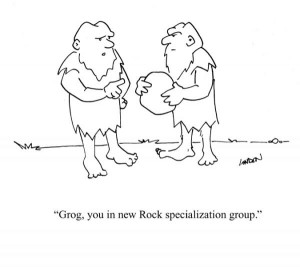 From the specialist “dentist,” who may be telling them that they need to have their horse’s teeth worked on twice a year.
From the specialist “dentist,” who may be telling them that they need to have their horse’s teeth worked on twice a year.- From the supplement companies, who crow about the need to “support” or “optimize” or “normalize” just about every cell in the horse’s body
- From “chiropractors” (most who do not, in fact, have degrees from chiropractic colleges) who assert that the horse’s body needs to be regularly “adjusted”
- From massage therapists, who may want to “optimize” performance or “improve” circulation
- From feed companies, who assert that the horse’s feed must be “precise” and “balanced”
- From veterinarians, who may want even the simplest problem to be immediately evaluated with a battery of diagnostic tests and procedures
- From farriers, who insist that horses be shod on an exacting schedule, and to some exacting “balance,” without account for the individual needs of the horse (unless, of course, they tell you that shoeing a horse is a terrible thing in its own right)
- From trainers, who tell horse lovers that they can’t/shouldn’t/don’t ride in this or the other way. Otherwise stated, if you ever feel comfortable on top of your horse, you’re probably going to be told you are doing something wrong.
- From horse magazines, filled with articles from various experts, and four color advertisements asserting the importance of doing this, that, or the other, as well as news about the “latest” promising development
ASIDE: I’m sure I’ve missed annoying plenty of other groups. That oversight was purely unintentional, I’m sure.
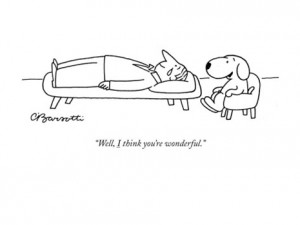 Frankly, after caring for horses for 30+ years, and watching the commercialization of all things horse, I think that all of this noise is making the horse world a very loud, difficult, and unnecessarily complicated place to be. In fact, it’s worse than that; I think it’s separating horses from owners.
Frankly, after caring for horses for 30+ years, and watching the commercialization of all things horse, I think that all of this noise is making the horse world a very loud, difficult, and unnecessarily complicated place to be. In fact, it’s worse than that; I think it’s separating horses from owners.
Look, fundamentally, horses are very simple creatures. The vast majority live very happily with access to two things: good forage (hay and or grass) and water. It’s not at all difficult to live a good life, being a horse, as long as you avoid predators (which is not hard, even in rural settings) and have enough to eat and drink.
Horses survive – and thrive – without two things that have been foisted on horse owners by all the “experts”: precision and cost. Precision and cost are the bane of people owning just about anything, because precision usually means difficult, and cost means, well, it’ll be expensive. And if something is difficult and expensive, fewer people will bother with it. And I worry that a misguided emphasis on precision and cost is causing some people who might be inclined to own horses to just not bother.
 ANOTHER ASIDE: Some people seem love trying to make things complicated. For example, some people really like “over”-caring for their horses, and, mostly, I think it’s fine. I believe that fussing over a horse – you know, mixing up special grains and supplements and treat buckets and scheduling appointments – brings a certain amount of pleasure to some people. I can be that way, too. I mean, the other night, I made chicken soup. I’m sure that everyone would have been happy with store-bought chicken soup, and, frankly, I made it as much for me as I did for everyone else. But I didn’t go to a broth specialist, and I didn’t go to a certified bowl expert for advice either. It was really good.
ANOTHER ASIDE: Some people seem love trying to make things complicated. For example, some people really like “over”-caring for their horses, and, mostly, I think it’s fine. I believe that fussing over a horse – you know, mixing up special grains and supplements and treat buckets and scheduling appointments – brings a certain amount of pleasure to some people. I can be that way, too. I mean, the other night, I made chicken soup. I’m sure that everyone would have been happy with store-bought chicken soup, and, frankly, I made it as much for me as I did for everyone else. But I didn’t go to a broth specialist, and I didn’t go to a certified bowl expert for advice either. It was really good.
NOTE TO YOU CULINARIANS: I don’t use a recipe. Sorry.
What’s at the bottom of all of this? Why is it that, just a few decades ago, when I got out of veterinary school, taking care of a horse was a pretty simple endeavor? Why is it so much more of a bother now? One word. Marketing. Marketing is separating owners from their horses. And who is doing the marketing? Well, just about everybody. Marketing experts can almost smell consumers looking for non-existent products, and when they catch a scent of something missing, they jump to put something on the shelves.
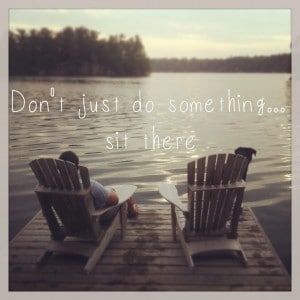 I think it’s totally wrong to try to convince horse owners to spend money on products and services that have immeasurable benefits (if there are benefits at all). In fact, that’s one of the big reasons that I spend time blogging. All of the marketing that goes on in the horse world shouldn’t take away from the wonderful experience that is owning a horse. It’s not that hard.
I think it’s totally wrong to try to convince horse owners to spend money on products and services that have immeasurable benefits (if there are benefits at all). In fact, that’s one of the big reasons that I spend time blogging. All of the marketing that goes on in the horse world shouldn’t take away from the wonderful experience that is owning a horse. It’s not that hard.
So here are a few things you can do about it.
- Ask for second opinions
- Ask for information that’s been published in scientific journals to back up assertions that are made to you about products.
- Don’t trust product endorsements.
- Beware of “weasel words” such as “may,” and vague, positive-sounding words like, “assist,” “support,” “help,” “optimize,” etc. Stay away from “natural,” too, for that matter.
- Don’t go for the latest fad
- If it’s not an emergency situation, don’t be afraid to wait a bit before you spend a lot of money. Lots of things get better on their own.
- Spend time with your horse, and go have fun
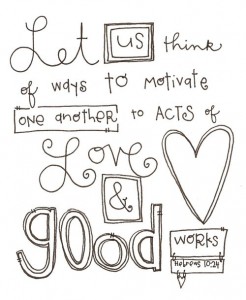 Horses need owners, and especially now, with horse ownership declining. Horse owning should be fun, and it shouldn’t have to be super expensive. Your horse most likely needs more time and attention, not more products or services. The bottom line is that if your horse looks like he’s doing well, he probably is. Oh, and don’t allow anyone or anything to start separating you from your horse.
Horses need owners, and especially now, with horse ownership declining. Horse owning should be fun, and it shouldn’t have to be super expensive. Your horse most likely needs more time and attention, not more products or services. The bottom line is that if your horse looks like he’s doing well, he probably is. Oh, and don’t allow anyone or anything to start separating you from your horse.

